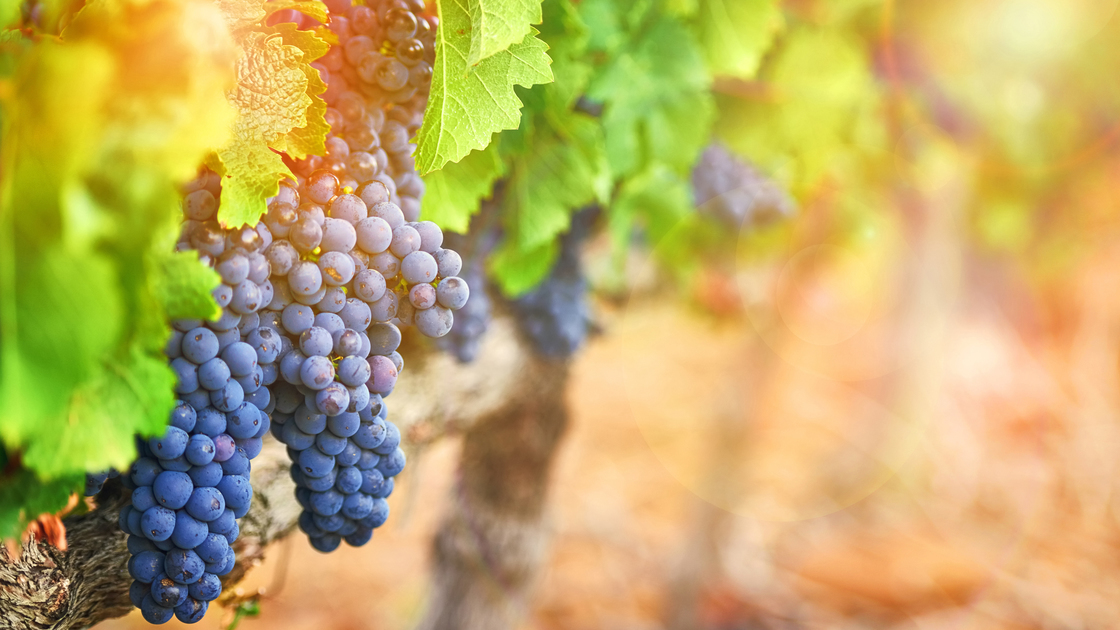Tomatoes enjoy summers in Oklahoma, I have been delighted to learn. I am not much of a gardener, but for some years, I have loaded my little garden patch with several varieties of tomato plants. Harvest lasts several weeks, during which my family and I can collect a bucketful of fruit nearly every day. It is wonderfully gratifying.
Two grapevines off my back porch, however, are much less impressive. Now and again we’ll be able to fill a medium-sized bowl with small clusters of grapes. Enough for a snack, but not much of a “harvest.” I’m thankful my family’s sustenance isn’t dependent on my success as a vinedresser.
I can easily attribute the lack of produce to my lack of competence and lack of effort. But imagine a master farmer who works hard, who gives his crops every possible advantage, yet still doesn’t receive the harvest his efforts should yield.
That was God’s frustrating experience with ancient Israel and, tragically, with most of His Spirit-begotten people in this end time.
Like any farmer, God planted Israel in order to reap fruit. God “hath a vineyard in a very fruitful hill: And he fenced it, and gathered out the stones thereof, and planted it with the choicest vine, and built a tower in the midst of it, and also made a winepress therein: and he looked that it should bring forth grapes …” (Isaiah 5:1-2). God labored over, cared for, and invested in the Israelites—protecting, watering and nourishing them in the wilderness, planting them in the glorious Promised Land, removing enemy peoples, building His temple among them, being present with them. He has exerted the same effort in modern times with spiritual Israel.
When God makes such an investment, He expects fruit. He desires His people to flourish, flower and produce fruit—spiritual fruit that He can enjoy and use to feed other people.
Think on all the effort God has devoted to you: planting you in good soil, supplying every nutrient in His Word, watering you with His Spirit, bathing you in His sunshine, diligently removing weeds in your character. Over time, then, He justifiably looks for fruit. You should produce the fruit of His Spirit (Galatians 5:22-23), more of His love, joy, peace, patience, faith, self-control and so on—a greater measure of His very nature. You should exhibit more of His wisdom and mind, and have more actsthat reflect His indwelling presence. Sweet, wonderful fruit.
However, ancient Israel, and spiritual Israel in this Laodicean era, brought forth wildfruit (Isaiah 5:2)—corrupt, bitter grapes, like the vine of Sodom and Gomorrah (Deuteronomy 32:32). God did all He could to bring a marvelous harvest, yet these people gave Him unusable produce. He had no choice but to lay the crop waste (Isaiah 5:3-7).
God has an unusual challenge as a vinedresser. The fruit of His vine does not come inevitably, given the right conditions. It actually has a will of its own. It can receive every good benefit and still refuse to produce.
Jesus Christ said the way to be fruitful is to remain attached to Him, the vine. If we abide in Christ, we will bear much fruit (and even then, God will prune us in order to improve our yield still more). If we are fruitless, however, we are worthless to God (John 15:1-6).
In Hosea, God uses the same analogy to make a slightly different accusation: “Israel is an empty vine, he bringeth forth fruit unto himself: according to the multitude of his fruit he hath increased the [pagan] altars; according to the goodness of his land they have made goodly images” (Hosea 10:1). In a terrible affront to God, these people used all the advantages He gave them to satisfy their own interests and serve their own gods.
It angers God when He sees His people wasting His blessings and care on themselves, rather than producing fruit for Him and others—seeking “their own, not the things which are Jesus Christ’s” (Philippians 2:21)—taking credit for their blessings—allowing those blessings to draw them awayfrom Him rather than toward Him. It is like a plant that puts all its energy into big, beautiful leaves, but whose fruit is hard, tiny and tasteless.
Christ condemned the hypocrites who gave alms, prayed and fasted to receive praise from men rather than to draw close to God. “Verily I say unto you, They have their reward” (Matthew 6:2, 5, 16). When we selfishly use or abuse the blessings God gives, we can expect Him to remove them.
God says to us, as He said to Baruch: “[S]eekest thou great things for thyself? seek them not …” (Jeremiah 45:5). God wants us to fast to Him—not even to eat and drink to ourselves (Zechariah 7:5-6). “For none of us liveth to himself, and no man dieth to himself. For whether we live, we live unto the Lord; and whether we die, we die unto the Lord: whether we live therefore, or die, we are the Lord’s” (Romans 14:7-8).
This is a vivid picture we all need to remember. Never forget your purpose. You exist to produce fruit not for yourself, but for God. It is to His credit and for His purposes and His glory.
